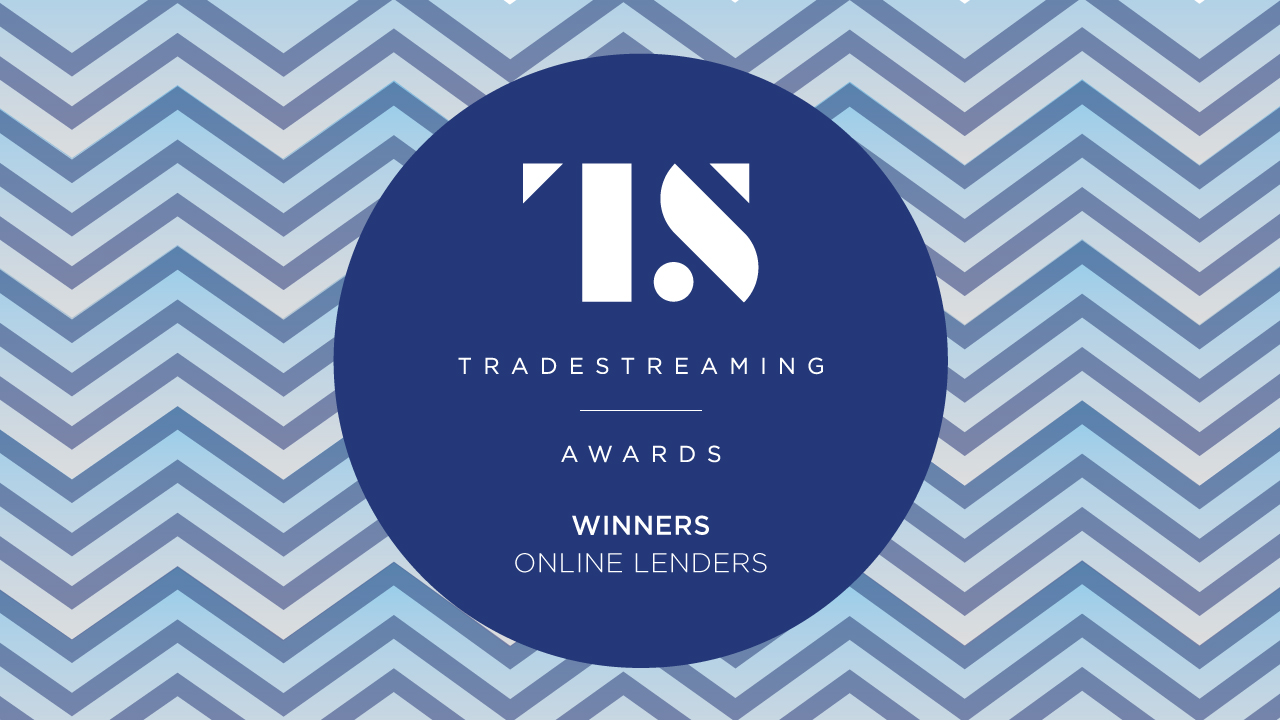What fintech companies can gain from a corporate giving program
Inside CommonBond’s 401(k) platform for student loan debt
The Startups: Who’s shaking things up (Week ending January 10, 2016)
[alert type=yellow ]Every week, Tradestreaming highlights startups in the news, making things happen. The following is just part of this week’s news roundup. You can get these updates delivered direct to your inbox by signing up for the Tradestreaming newsletter.[/alert]
The Startups: Who’s shaking things up
Income&’s Brad Walker on building a better mousetrap for retirement investing using marketplace lending (Tradestreaming)
trov’s Scott Walchek on designing the world’s first on-demand insurance for single items (Tradestreaming)
Startups raising/Investors investing
Student lender CommonBond raises $625m in total funding (CrowdfundInsider)
Alibaba’s Finance Arm Said to Seek at Least $1.5 Billion (Bloomberg)
Street Contxt scores $8m to bring more efficiency to investment research distribution (Business Insider)
Blockchain Startup Gem Closes $7.1m Series A to build a modular platform for blockchain applications (CoinDesk)
Canadian online lending marketplace Lendful raises $15m (Finextra)
Xfers Lands $2.5m To Simplify Bank Transfers For Online Sellers (TechCrunch)
LoanNow Secures $50m Credit Facility (Finovate)











